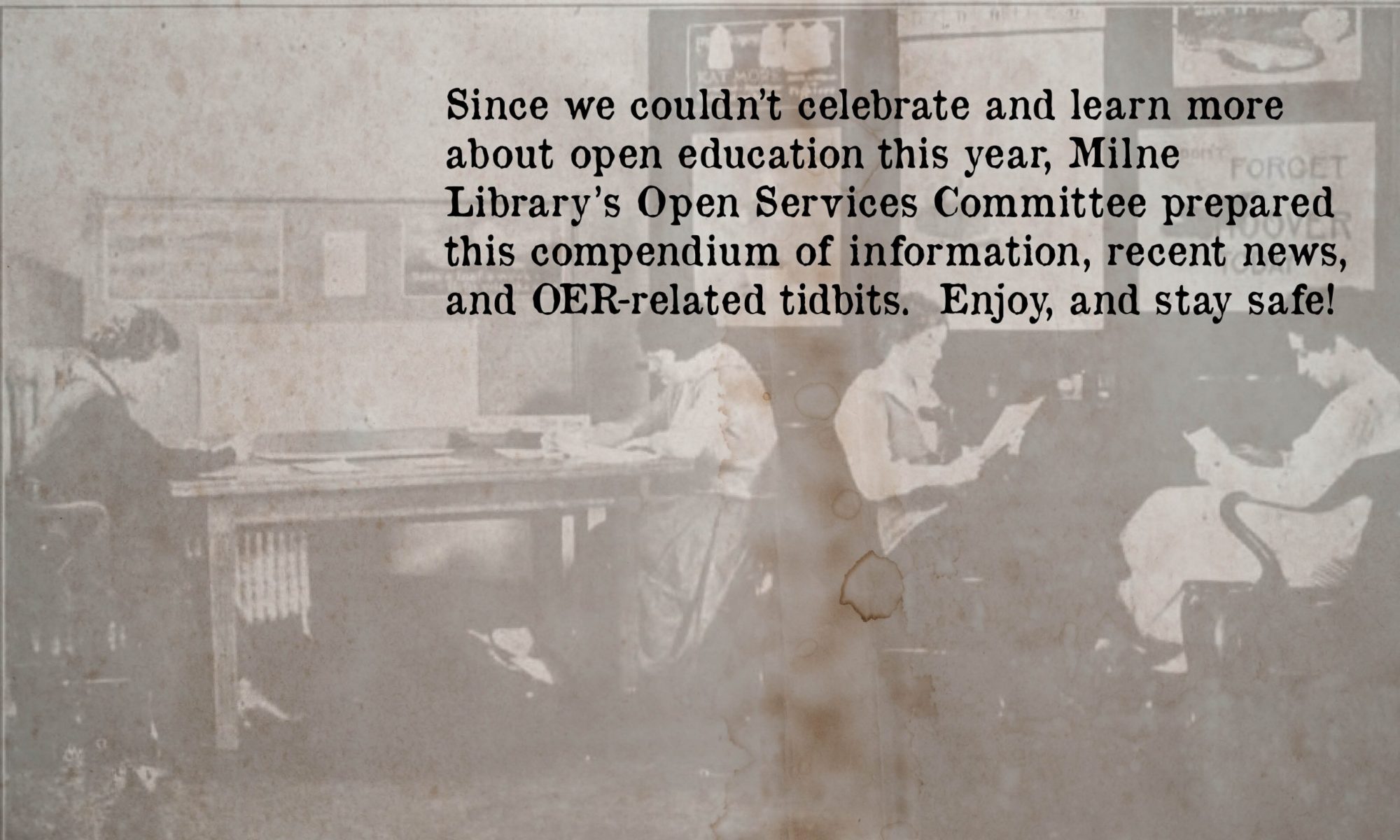Joe Dolce, Karleen West, and Suann Yang
As there can be many barriers for faculty to teach sustainability (for example, lack of time to develop new classes, feelings of intimidation about teaching sustainability due to its interdisciplinary nature, concern that they don’t know enough about the science, politics, or economics of sustainability) professors Karleen West (Political Science & International Relations) and Suann Yang’s (Biology) developed their own award winning (2020 SUNY FACT2 Excellence in Instruction Award) OER content in the way of the, “Designing Open Modules on Environmental Sustainability (DOMES) Project.”
Led by their belief that sustainability education is crucial for protecting the planet and is a transformational experience for our students they developed a sustainability curriculum that connects multiple disciplines in a flexible way, and provides a framework for students to construct personal philosophies for sustainable decision-making. DOMES infuses sustainability education into already existing classes and incorporates interdisciplinary perspectives using student products (i.e. posters, reports, or papers) developed in other courses in which students reference the products produced by their peers in other courses to reflect on their own personal philosophies for living a sustainable life. Faculty from different disciplines develop modules focused on a specific theme: such as food sustainability. Modules are two to three-week lessons that are free-standing; that is, they can be adapted into courses that are already being taught that are not explicitly about sustainability. Each module results in the creation of a student-generated body of knowledge that is stored digitally on Geneseo’s KnightScholar, and then easily shared across courses.
They wanted to create an open resource that would enable faculty to easily incorporate sustainability into their courses. DOMES does so in several ways:
- It provides plans for short modules (two to three week lessons) that can inspire faculty to teach sustainability with minimal planning.
- These modules don’t require the development of a new course; they can be incorporated into classes that faculty already teach.
- The modules recognize the limitations of learning about sustainability from a single discipline by enabling faculty to use student products created in other disciplines to capture interdisciplinary perspectives on sustainability.
They firmly believe that openly licensing their work is consistent with being faculty members of a public liberal arts institution. But, practically speaking, the DOMES curriculum cannot work if it isn’t a resource freely available. Students must be able to freely access and contribute their digital products to learn from each other in this curriculum.
DOMES was created with the support of two funding sources, The Finger Lakes Project which allowed them to pilot an exchange of student products across two of their courses and The SUNY IITG Award which enabled an expansion of their Food Sustainability Module to other disciplines by training faculty at Geneseo and Monroe Community College to adapt and develop curricular materials for it.
Further resources include Milne Library’s Knight Scholar, through which the metrics can show how often works from DOMES are being accessed or downloaded. One of the biggest rewards is seeing that the works of our students are being accessed more often than anything else in the DOMES curriculum. Currently, we have over 100 student products available on KnightScholar from five different disciplines.
Peer reviews of this work occurred in the form of feedback on the funding opportunities that we sought which differed from their past experience publishing in scholarly journals in that peer review occurred early, at the proposal stage rather than later, after the work would be ready for publication.
Recent Geneseo graduate Evan Burr (Class of 2021) analyzed the student reflection essays from a sampling of courses, and found that students who participated in the Food Sustainability module perceived that the OER introduced or increased their knowledge of the major issues of food sustainability. In addition, they frequently cited the work of other students as contributing to this knowledge gain. However, very few students ended up describing a commitment to changing their dietary habits after these knowledge gains.

